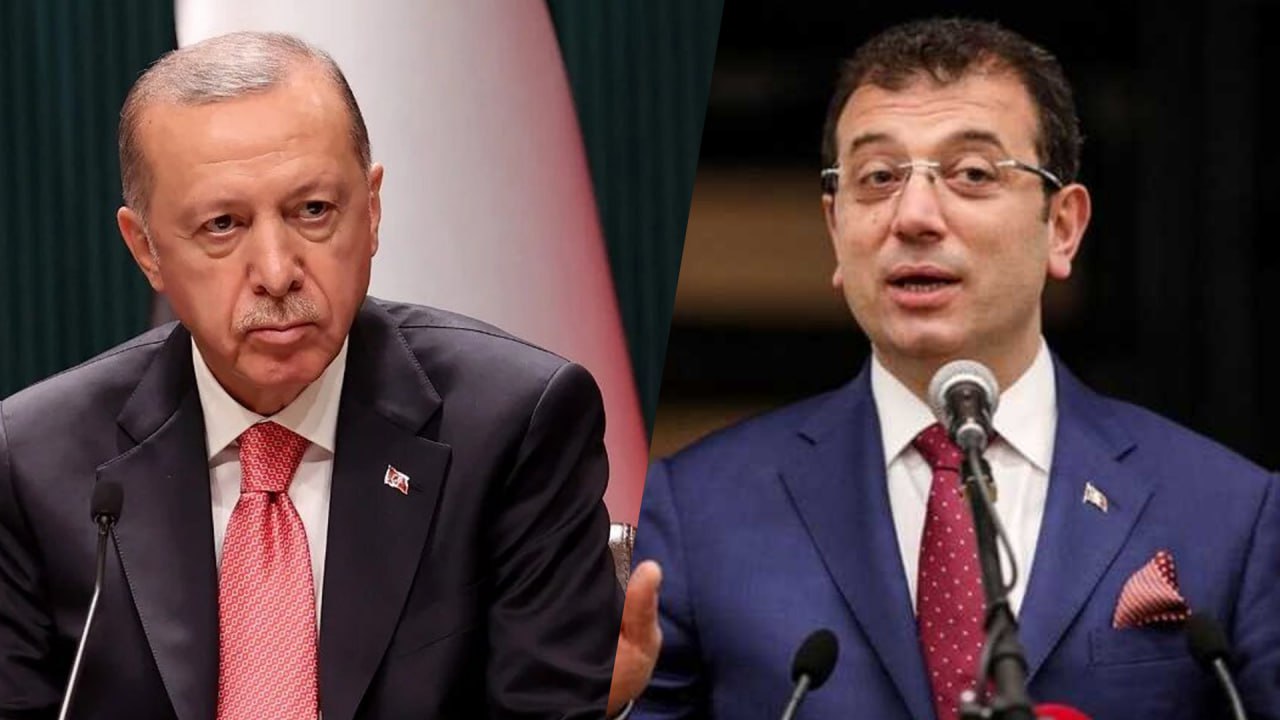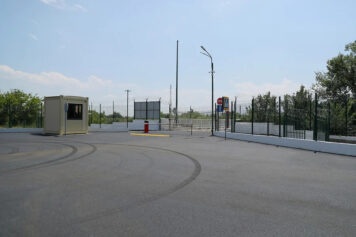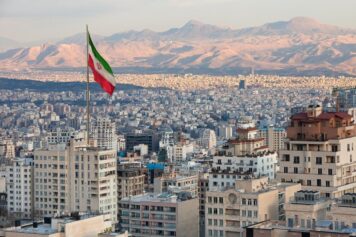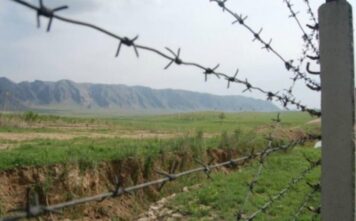Domestic political conflicts in Turkey
15.05
2025
xtortion. Moreover, İmamoğlu is charged with leading a gang, collaborating with terrorists, and embezzling state funds.
Following these arrests, bans on protests on YouTube and social media were imposed, and gatherings were restricted to prevent opposition protests—yet, this failed, as İmamoğlu’s supporters flooded the streets of Istanbul, Ankara, and Izmir. The opposition in parliament began to act differently, including boycotting sessions.
Adding to the violations of democratic norms, the economic factor also plays a role. The Turkish lira collapsed again, reaching a historic low of 41 liras per US dollar. According to Bloomberg, inflation hit 42% in February, a figure unseen in the last 20 years. An absurd decision was also made: Istanbul University withdrew İmamoğlu’s academic diploma, although he was not deprived of his right to teach. This was done because, according to the Turkish constitution, a person with higher education can aspire to the presidency, and İmamoğlu is the opposition’s leading candidate, posing a serious threat to Erdoğan in the 2028 elections. Interestingly, the constitutional requirement for higher education has been removed in Armenia, which Prime Minister Nikol Pashinyan utilized.
While Erdoğan cannot run for a third consecutive term without constitutional amendments, changing the constitution is not an insurmountable obstacle if he manages to neutralize the opposition. The same situation exists in Armenia.
It is also planned for Erdoğan to meet President Trump. The American guardian of democratic values and human rights will likely use this topic to pressure Turkey, or at least to influence Erdoğan’s position, which Washington has long viewed with suspicion. Having Turkey as a NATO ally, led by Erdoğan, is increasingly seen as problematic for the West, which claims that such an alliance is not aligned with Western values.
It is clear that Erdoğan will seek to extend his presidency into a third term through negotiations with Trump. U.S. foreign policy is guided by real interests rather than illusions. The White House probably will not give Erdoğan a green light unless he makes concessions on geopolitical issues.
Relying solely on national interests should also become part of Armenia’s foreign policy strategy, following the example of seasoned states, and which, unfortunately, is not the case with us in many cases. Therefore, they respond to events to the extent that it coincides with their interests: for example, recently, US Presidential Advisor Mike Waltz demanded that Azerbaijan release Armenian “prisoners” held in Baku.
It’s interesting—where were these officials during Azerbaijan’s ethnic cleansing, genocide, and displacement in Artsakh? The same question applies to Gaza. Considering the population differences—120,000–150,000 Armenians in Artsakh versus 1.5 million Palestinians—the question arises: why does a key U.S. official address Baku with a question that does not serve American interests in this geopolitical context?
In diplomacy, an unwritten rule exists: to secure significant concessions, one must first make unacceptable demands. The issue of prisoners is a stick often used by Baku, which Washington considers crucial to ensure Azerbaijan remains a state in the South Caucasus that does not serve Russian interests. The security architecture of the South Caucasus will likely be discussed during the upcoming meeting between Trump and Putin in Saudi Arabia.
In our view, Turkey will also be part of this discussion because its policies—especially in Syria and Ukraine—are not aligned with Moscow or Washington. The conflicts between İmamoğlu and Erdoğan are the main internal issues in Turkey, with Erdoğan viewing the opposition leader as a serious threat to his rule.
Let’s highlight the approaches of these two figures on key issues:
- Political Platform and Ideology
– Erdoğan: Islamist, center-right, nationalist, and authoritarian leader who has ruled Turkey for years, leading the Justice and Development Party (AKP).
– İmamoğlu: Liberal, center-right, secular politician representing the opposition Republican People’s Party (CHP), advocating strengthening democratic institutions.
- Istanbul Rivalry
– Erdoğan: Considers Istanbul a cornerstone of his power, having started his political career as mayor from 1994 to 1998. He was previously imprisoned in 1999 for the same reasons by members of the then ruling CHP. His current stance can be seen as revenge against the party that jailed him when he was mayor.
– İmamoğlu: His victory in the 2019 Istanbul mayoral election was a major blow to Erdoğan, as he lost control of Turkey’s economic and political center. Even the annulment of the first election and the call for a new vote did not prevent his victory. Istanbul embodies a mix of Islamic and liberal characteristics.
- Judicial Repressions
– Erdoğan’s government has repeatedly attempted to politically restrict İmamoğlu, accusing him of various legal violations.
– In 2022, İmamoğlu was sentenced to 2.5 years in prison for “insulting public officials,” seen as political repression.
- Economic Vision
– Erdoğan: Pursues centralized economic policies involving large-scale state projects and construction projects, often with corruption risks.
– İmamoğlu: Aims to establish a more transparent governance model in Istanbul, reducing corruption and implementing social support programs.
- Foreign Policy
– Erdoğan: Implements aggressive and populist foreign policy, frequently shifting positions with Russia, the US, the EU, the Middle East, and the Caucasus.
– İmamoğlu: Holds a more pro-European stance and advocates for strengthening democracy and human rights.
- Presidential Elections (2028)
– Erdoğan: Tries to remove İmamoğlu from politics through legal and administrative obstacles. His arrest is not only about the opposition mayor but also reflects Turkey’s internal political restructuring, international interests, and Erdoğan’s long-term plans.
– İmamoğlu: Is considered one of Erdoğan’s main potential rivals in the upcoming presidential election.
This analysis aims to reveal the essence of the state of Turkey, with which we will inevitably have relations, and to understand the deep dynamics of Turkey’s internal and external politics, especially given the current and upcoming processes that will be decisive for several regional states and peoples, including ourselves.





